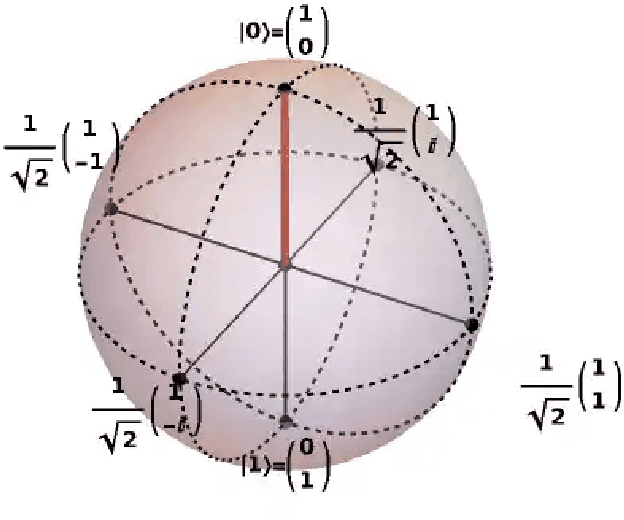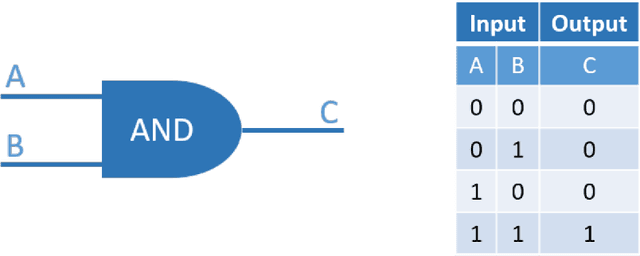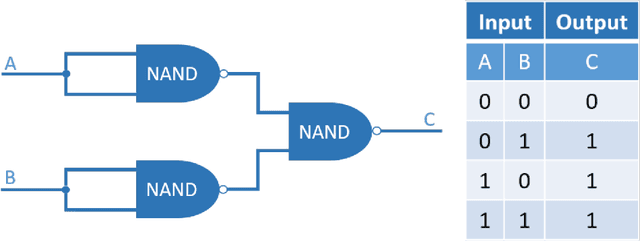A Quick Introduction to Quantum Machine Learning for Non-Practitioners
Paper and Code
Feb 22, 2024



This paper provides an introduction to quantum machine learning, exploring the potential benefits of using quantum computing principles and algorithms that may improve upon classical machine learning approaches. Quantum computing utilizes particles governed by quantum mechanics for computational purposes, leveraging properties like superposition and entanglement for information representation and manipulation. Quantum machine learning applies these principles to enhance classical machine learning models, potentially reducing network size and training time on quantum hardware. The paper covers basic quantum mechanics principles, including superposition, phase space, and entanglement, and introduces the concept of quantum gates that exploit these properties. It also reviews classical deep learning concepts, such as artificial neural networks, gradient descent, and backpropagation, before delving into trainable quantum circuits as neural networks. An example problem demonstrates the potential advantages of quantum neural networks, and the appendices provide detailed derivations. The paper aims to help researchers new to quantum mechanics and machine learning develop their expertise more efficiently.
 Add to Chrome
Add to Chrome Add to Firefox
Add to Firefox Add to Edge
Add to Edge